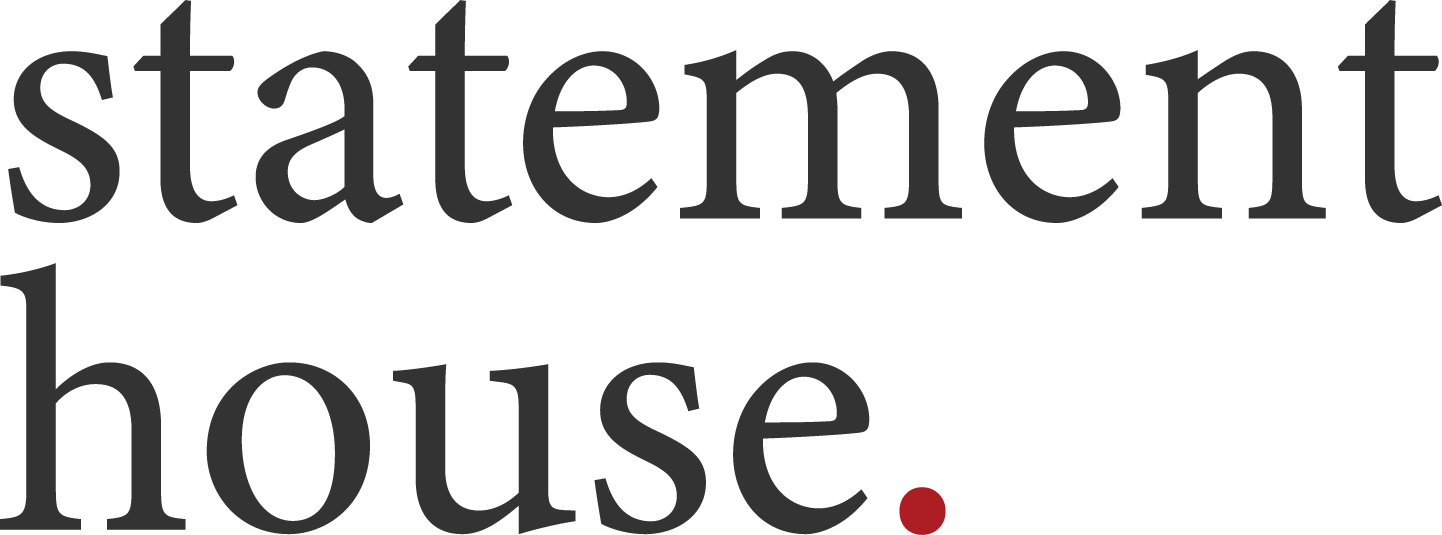Participatory Action Research and Feedback
June 2021
Ensuring that initiatives and strategies meet constituents’ needs and fit the intended purpose requires actively seeking out and using feedback. While it may feel easier to leave the feedback out, it’s important.
Here’s why:
Feedback in nonprofits supports human agency, empowers the people you serve, and makes the programs that serve them more effective:
People are the experts in their own lives but are rarely treated as so. Listening to the people you serve honors the agency that we as individuals possess and in turn cultivates more individual power. Additionally, systemic feedback loops enhance organizational learning and effectiveness. Listening to and acting on feedback as a normal part of doing nonprofit business embeds a responsiveness and adaptiveness to the work and promotes a richness in the continuous quality improvement of services and programs.
Here’s how:
Feedback should be conversational, gathered with deliberate, compassionate and safe discussions with people, and not just informed from data about them. It should be solicited in a way that does not harm those who offer perspectives, and should protect individual identities where appropriate. It should be shared back with those who gave it, reported out to other stakeholders, and acted on to improve the experiences of people receiving services. Feedback should be delivered in a manner that models organizational transparency and fosters collective learning.
Measure improvement by continuously asking for more feedback. Find out more about how Statement House is working with the national office at Boys and Girls Clubs of America to gather and use feedback on an important online program planning and delivery platform for the BGCA network.
